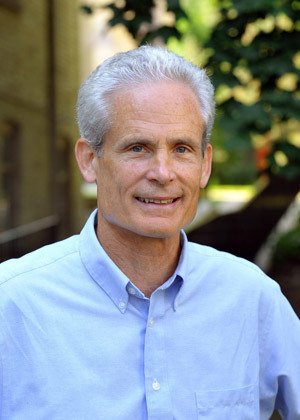 F. Clark Power
F. Clark Power
The Miami Dolphins’ recent suspension of Richie Incognito in the wake of allegations that his bullying of football teammate Jonathan Martin constituted “conduct detrimental to the team” should renew and intensify opposition to hazing throughout the National Football League, according to F. Clark Power, professor of psychology and fellow in the University of Notre Dame’s Institute for Educational Initiatives.
“There is no place for hazing in athletics at any level from the professional ranks to high schools,” Power said. “Although 44 states now have anti-hazing legislation, hazing is a part of American sports culture. The Dolphins and the NFL need to address the issue in a clear and ethically grounded way. There is simply no justification for Richie Incognito’s alleged mistreatment of Jonathan Martin. Martin has a right to work in an environment in which he is treated with the respect due to any human being. The excuse that hazing is acting ‘in good fun’ or to ‘build camaraderie,’ misses the point. Hazing is wrong no matter how benign the intention of the abuser.
“Hazing has been a part of American culture for over 300 years,” Power said. "While many excuse hazing as a harmless rite of initiation that builds team solidarity, it simply humiliates, degrades or risks emotional and physical harm, regardless of the persons willingness to participate. Hazing is the misuse of power and is abusive.”
Power has worked in the area of moral development and culture for the majority of his academic career. Ten years ago, he formed Notre Dame’s Play Like A Champion Educational Series for youth and high school sports. The program is a forum for coaches, athletic administrators and parents to address issues such as bullying and character development within a team.
Contact: F. Clark Power, 574-631-7343, F.C.Power.1@nd.edu